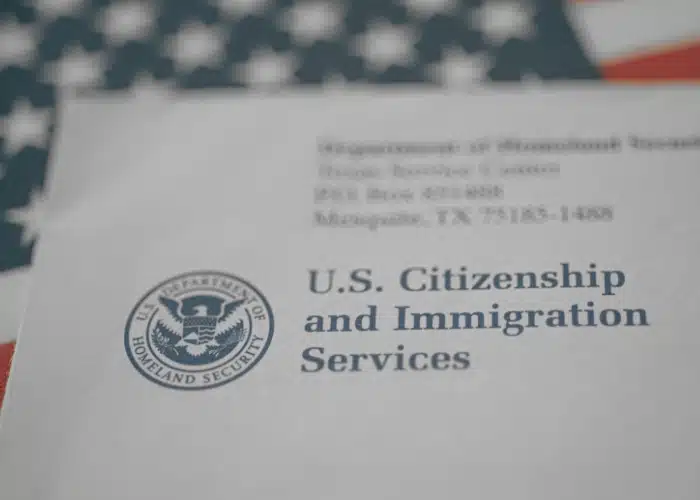Los Angeles, California Immigration Law Firm Blaker & Granet LLP
CONTACT AN ATTORNEY
CONTACT US
Navigating changes in immigration procedures can be overwhelming. To help you stay informed, we’ve condensed the latest updates from U.S. Citizenship and Immigration Services (USCIS), including fee adjustments, policy changes, and other important developments. These updates, effective in 2024, will impact both family-based and employment-based petitions, as well as introduce inclusive changes for gender identity in immigration documentation. Read on for the most critical updates. USCIS has announced several fee increases to fund its services and address processing backlogs. Effective February 26, 2024, Premium Processing fees will increase: Starting April 1, 2024, additional fee increases will apply to several forms, including: Additionally, employers filing certain forms (e.g., I-129, I-140) will be required to pay an extra $600 for the Asylum Program Fee, with reduced fees for small employers and nonprofits. USCIS is also implementing crucial changes starting April 1, 2024: USCIS continues its push for inclusivity by adding a third gender option ("X") on the Form N-400 (Naturalization Application). Applicants can now select "X" to indicate a gender other than male or female, aligning with federal standards like those used by the Department of State for passport services. No supporting documentation is required for this selection. This update highlights USCIS' efforts to provide more accurate identity representation for transgender, non-binary, and gender non-conforming individuals. USCIS has updated the policy on the validity of Form I-693, which is used to report immigration medical examination results. As of November 1, 2023, properly completed forms will no longer have an expiration date. However, officers may request updated forms if there is reason to believe the applicant’s medical condition has changed since the form was signed. Forms completed before November 1, 2023, will retain their validity for two years from the civil surgeon's signature date. Special provisions apply to Operation Allies Welcome parolees, whose forms will be valid for three years. Many immigrants are required to attend a biometrics appointment during the application process. This involves providing fingerprints, photographs, and digital signatures. These data points are used for background checks and may be utilized for creating work permits or green cards. While the likelihood of arrest or detention during a biometrics appointment is low, applicants should ensure they attend their appointment to avoid delays in their case. With the recent USCIS fee increases, policy changes, and inclusive updates, it’s crucial to stay informed and plan accordingly. If you have any questions regarding these changes or other U.S. immigration matters, feel free to contact Blaker & Granet, LLP for expert legal guidance. We’re here to help you navigate the evolving immigration landscape with ease.1. USCIS Fee Increases: What to Expect in 2024
2. Key Changes to Petition Processes
3. Inclusive Changes: Third Gender Option for Naturalization
4. New Policy for Immigration Medical Examination Forms (Form I-693)
5. Understanding USCIS Biometrics Appointments
Conclusion

Copyright © 2024 Blaker & Granet Immigration Law
(323) 613-7074[email protected]1875 Century Park East